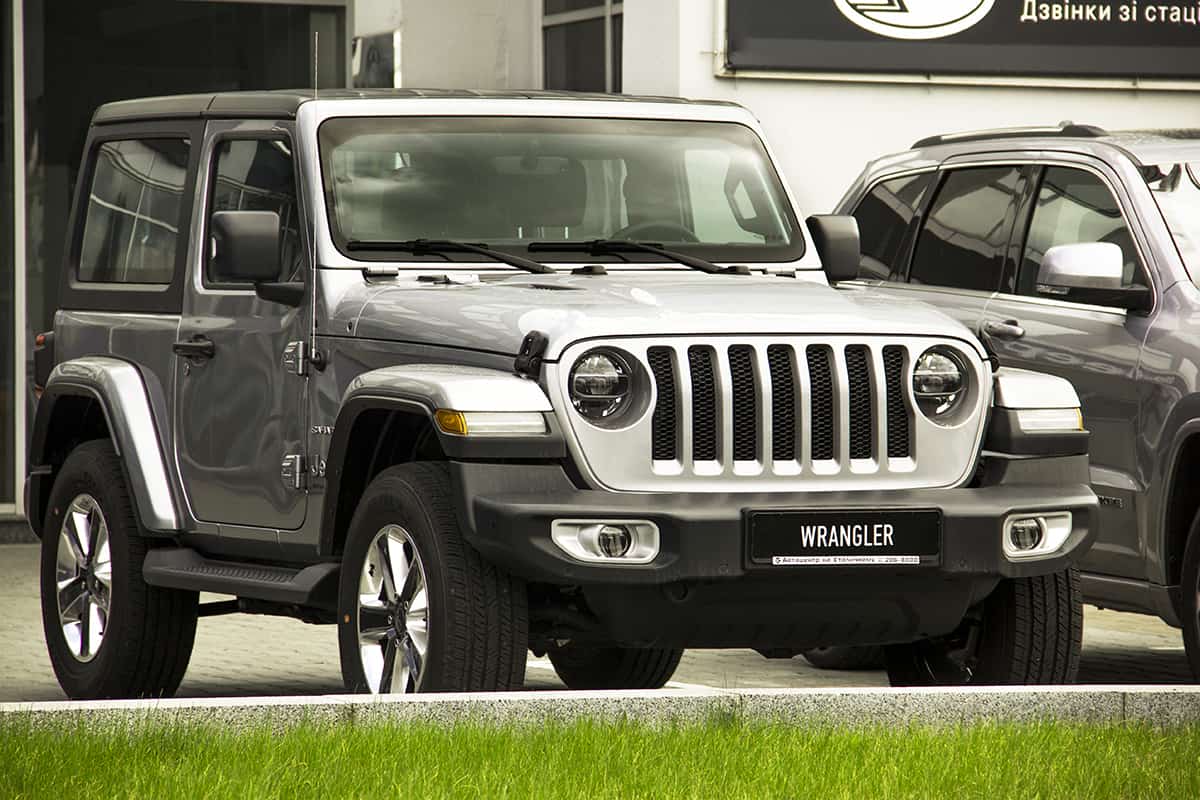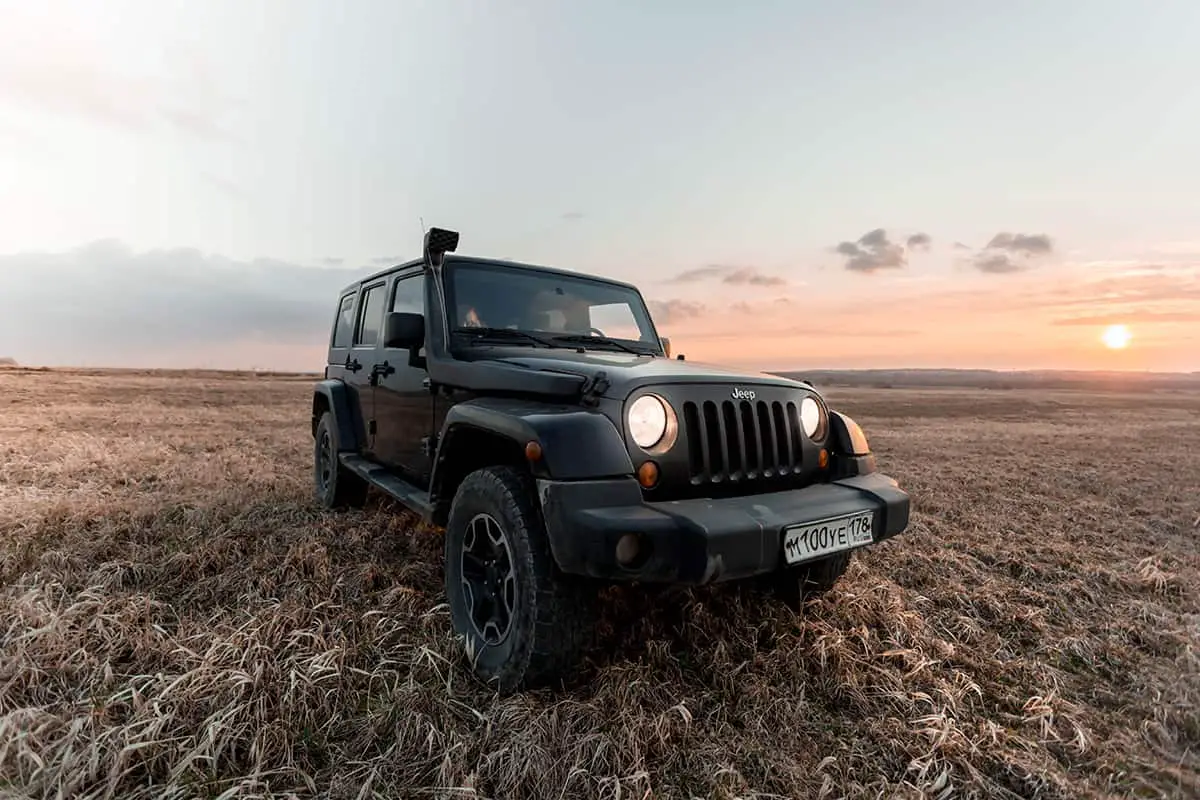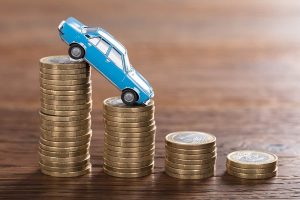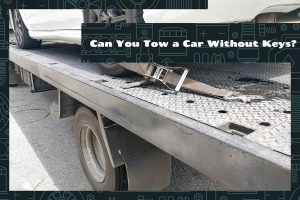The average person probably doesn’t know that there are different types of gasoline. If you’ve ever spent more than a few seconds around automobiles, you know the devastation that can result from putting the wrong kind of gas in the tank. If you have a Jeep Wrangler or are thinking about getting one, you should know what kind of fuel it takes.
Newer Jeep Wranglers can run on regular unleaded (87-Octane) fuel, but 2.0L turbocharged Wranglers need premium (91- or 93-Octane) fuel.
In this short article, we’ll examine the Jeep Wrangler and look into the reasoning behind its gas preferences. As an added bonus, we’ll discuss whether or not the Jeep Wrangler is an economical car.
A Brief Look at the Jeep Wrangler
The Jeep Wrangler is the perfect vehicle for a group of daredevils looking to hit the road. The Wrangler is a formidable off-road vehicle thanks to its sturdy construction and adaptable features.
The Jeep Wrangler, a subcompact sport utility vehicle, has been on sale to the public since 1987. Its off-road abilities and instantly recognizable design are both a nod to the original Jeeps used in World War II.
The Wrangler is made for those who want to explore the world, whether it’s in the compact 2-door model or the roomy 4-door version. Experience the open road like never before with a detachable roof and doors.
In addition to its potent V6 engine, the Wrangler now also comes standard with a turbocharged four-cylinder engine and a hybrid drivetrain. Also, you can choose between a standard manual transmission with six gears and an optional automatic transmission with eight gears.
Jeep Wrangler Gas Type
Automobiles’ internal combustion engines require gasoline, also called petrol, to function. Gasoline comes in a wide variety, with octane ratings ranging from 87 to 94. The octane rating indicates how well a fuel prevents engine-damaging “knocking” or detonation.
The octane rating of regular, unleaded gasoline is typically 87, while premium gasoline has an octane rating of 91 or higher. The normal octane level of gasoline can cause knocking in vehicles with higher compression engines like turbocharged engines, so using higher octane gasoline is recommended.
The Wrangler comes standard with a V6 engine that operates best on 87-octane regular unleaded gasoline. However, premium gasoline with an octane rating of 91 or higher is recommended for Jeep Wranglers with the 2.0L turbocharged engine to ensure optimal performance and prevent engine damage.
Why Does Gas Type Matter?

Since not all automobile engines are the same, various grades of gasoline are available. Gasoline is a complicated blend of hydrocarbons, and there are various formulations available to suit the needs of various motors.
Gasoline’s resistance to knocking and detonation is indicated by its octane rating. Knocking or detonation can occur in engines with higher compression ratios or turbocharging because of the increased heat and pressure produced during combustion. . Therefore, these engines require fuel with a higher octane rating to prevent premature combustion and boost performance.
Engines with a lower compression ratio or that rely on natural aspiration don’t generate as much heat and pressure during combustion and thus don’t require as much resistance to knocking, and thus can run on gasoline with a lower octane rating.
Gasoline can have different additives, such as detergents that clean the engine and reduce emissions, in addition to varying octane ratings.
What Can Happen to Jeep Wrangler If You Use the Wrong Gas?
Putting the wrong kind of gas in your car is not only dangerous to your engine but can also get you into some sticky situations. Envision putting maple syrup in your gas tank instead of regular gas. The syrup’s viscous nature would clog the fuel system, including the fuel lines, spark plugs, and injectors, resulting in the engine sputtering and dying.
As an analogy, using gas with the incorrect octane rating can cause engine damage. In high-performance engines, using gasoline with a low octane rating can cause knocking and pinging, while in lower-performance engines, using gasoline with a high octane rating can be wasteful and decrease fuel efficiency.
You could end up stranded on the side of the road with a broken-down car if you put the wrong kind of gas in it.
To keep your engine running smoothly and to avoid getting stuck, it is imperative that you use gasoline with the correct octane rating for your vehicle.
Is the Jeep Wrangler Gas-Efficient?
How much gas the Jeep Wrangler uses depends on the model, engine, and how the vehicle is driven. Due to its emphasis on off-road capability and ruggedness rather than fuel economy, the Wrangler is not generally regarded as the most fuel-efficient vehicle on the market.
The standard 2023 Jeep Wrangler V6 gets an estimated 17/25 mpg city/highway from the Environmental Protection Agency. However, the upgraded Wrangler models provide more engine choices, including a 2.0L turbocharged four-cylinder engine and a 3.0L EcoDiesel V6 engine, both of which may provide better fuel economy.
However, fuel economy typically suffers when doing things like off-roading, towing, or any other activity that calls for more horsepower or torque. Rapid acceleration, excessive idling, and speeding are all bad for fuel economy.
How to Save Gas with a Jeep Wrangler

As previously stated, the Jeep Wrangler is not particularly fuel-efficient. So, if you’re looking to travel the farthest on a single tank of gas, you might want to look for eco-friendlier solutions. However, you can travel up to 49 MPGe on a single charge with the 2023 Hybrid Jeep Wrangler!
But if you’re using a gas-guzzling model, here are a few things you can try to save fuel:
1. Maintain the vehicle regularly
Regular maintenance such as oil changes, air filter replacements, and tire rotations can help ensure that your Jeep Wrangler is running efficiently and not wasting fuel. Check out this guide if you want to learn how to care for your vehicle (it’s about the Subaru Outback, but the same applies to the Jeep Wrangler!).
2. Don’t idle unless necessary
Idling your engine for extended periods of time can use up a significant amount of fuel. If you’re parked or waiting for someone, turn off the engine instead of letting it idle.
3. Inflate the tires to their proper levels
Underinflated tires can increase drag and reduce fuel efficiency. Make sure to keep your tires inflated to the recommended pressure. Make sur ethe TPMS system is working as intended and that your tires are inflated properly.
4. Take advantage of the cruise control feature
Using cruise control while driving your Jeep Wrangler on the highway can help save gas by maintaining a consistent speed. When driving without cruise control, it’s common to vary your speed unintentionally, whether it’s due to changes in traffic flow or terrain. This constant acceleration and deceleration use more fuel than maintaining a steady speed.
With cruise control, you can set a consistent speed and let your Jeep Wrangler’s engine and transmission work efficiently to maintain that speed, reducing the amount of fuel consumed. Additionally, by maintaining a steady speed, you can reduce the need for sudden acceleration or braking, which also saves gas.
Please note that cruise control or driver’s assistance technology is not an excuse for poor judgment. So, activate it when necessary but always keep your wits about you!
5. Plan your travel routes ahead of time
By planning your route ahead of time, you can avoid getting lost, stuck in traffic, or taking a longer route than necessary. You can also prioritize your stops and avoid backtracking, which can help save fuel and reduce wear and tear on your vehicle.






